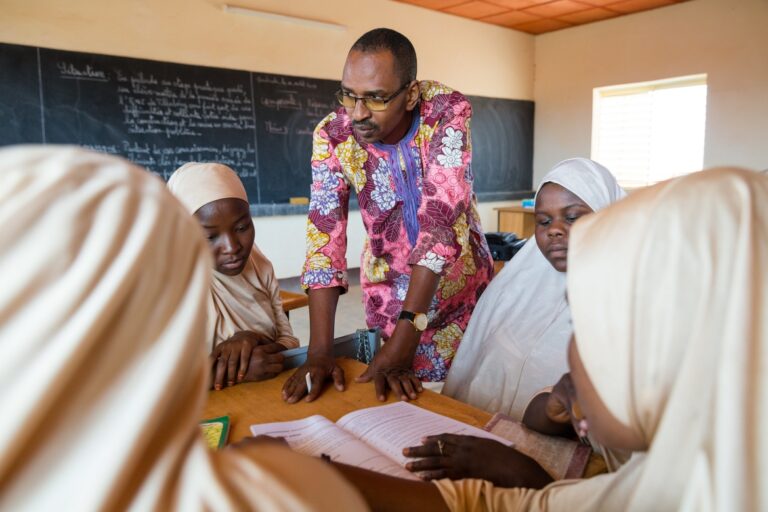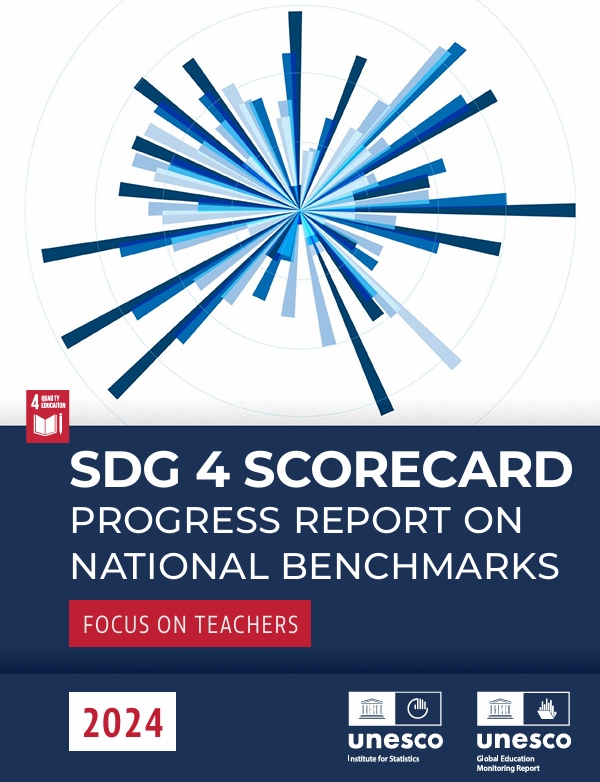Place-based learning is an immersive learning experience that places students in local heritages, cultures and landscapes, and uses these experiences as a foundation for the study of language arts, mathematics, social studies, science and other subjects across the curriculum.
The primary goals of place-based learning are to increase student engagement, boost academic outcomes, impact communities and promote understanding of the world at large.
For many students, the a field-study trip in grades 4 through 8 may be their first time away from home, their first time camping and, for this generation, it has also become their first experience without a digital connection – and, therefore, their first experience being completely responsible for their own entertainment.
Here are the five guiding principles each of our field studies experiences have been built around:
1. It builds community. From the homeroom groups traveling together on the bus, to the groups sharing cabins, to the field study groups that rotate through activities, students live and work in teams that they wouldn’t form on their own.
2. It raises expectations and standards. The field-study program asks students to be multidisciplinary scientists, drawing on prior knowledge to interact with a variety of environments, weather and physical challenges of a mountain environment. During the time away, we dramatically raise expectations for student behavior and work.
3. It increases connection. During the Field Study, students act on increasingly refined details of the experience. They want to provide a better and more unique experience for each other. They’re connected to the process of being a community, and they feel increased connection to being part of it.
4. It builds culture. Cultures share a common language, values, purpose and connection to place as a fundamental expression of who they are. All of these things develop for a group of students during their time together on the Field Study. Ask students and some themes will begin to arise about working hard, being outside, having fun, and great food experiences – all hallmarks of developed cultures.
5. It develops positive feelings and memories around school and the outdoors. The Field Study Experiences are often cited by graduating students as some of the most memorable events during their time at Sonoma Charter School.






